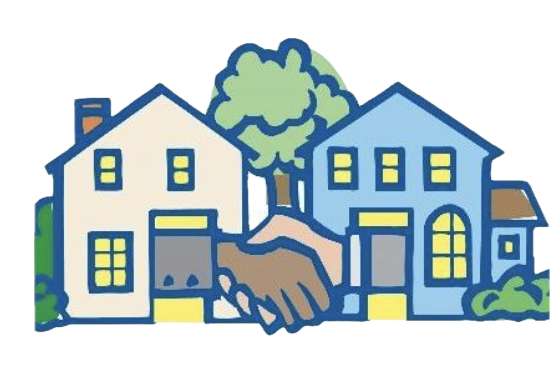
Engaged Neighbor Program
The Engaged Neighbor Program began in Greene County in 2019 and has grown to a statewide program. Efforts under the Engaged Neighbor Program name include classes, special events, presentations, partnerships, publications, an award-winning newsletter, and events like Missouri Good Neighbor Week, Show-Me Neighborhood Art Week and Won’t You Be My Neighbor Days.
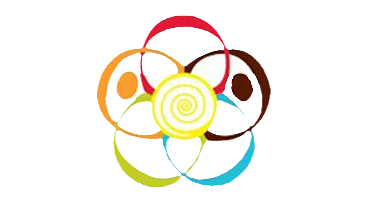
Navigating Difference
Navigating Difference is an intercultural competency program for people who want to deepen their knowledge, skills and appreciation for connecting across diverse groups of all kinds. Navigating Difference is a highly interactive program taught in a welcoming environment for all learners, with activities that respect and support individual learning styles and perspectives.
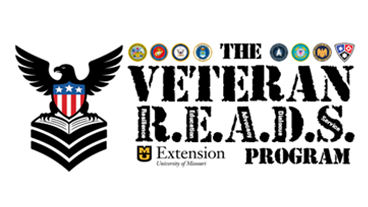
Veteran R.E.A.D.S.
The Veteran R.E.A.D.S. Program harnesses the profound power of storytelling and story analysis to build resilience, enhance education, drive advocacy, foster meaningful dialogue, and promote service among veterans.
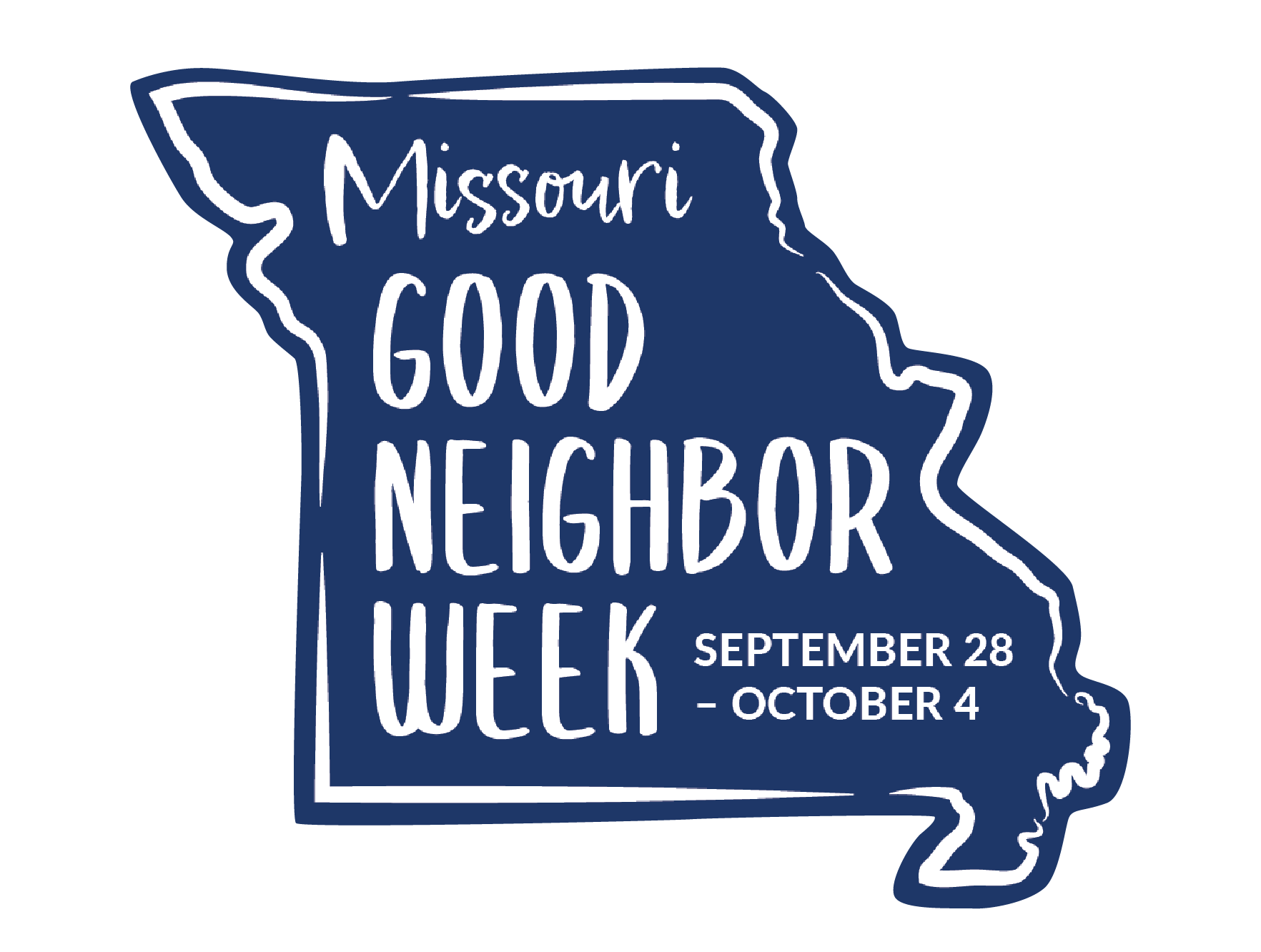
Missouri Good Neighbor Week
Signed into law in 2022, Missouri Good Neighbor Week encourages citizens of Missouri to “participate in events and activities to establish connections with their neighbors.”

Navigating Difference
Navigating Difference is an intercultural competency program for people who want to deepen their knowledge, skills and appreciation for connecting across diverse groups of all kinds. Navigating Difference is a highly interactive program taught in a welcoming environment for all learners, with activities that respect and support individual learning styles and perspectives.
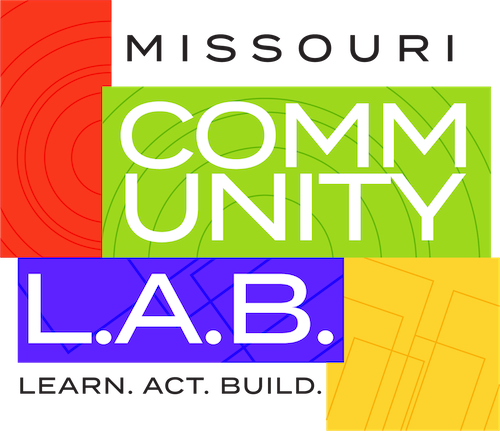
Missouri Community L.A.B.
The Missouri Community L.A.B.’s mission is to increase participation in the community-building process by educating and supporting all in the quest to build strong, whole communities. Community L.A.B. hosts community development trainings from organizations and universities all in one platform.
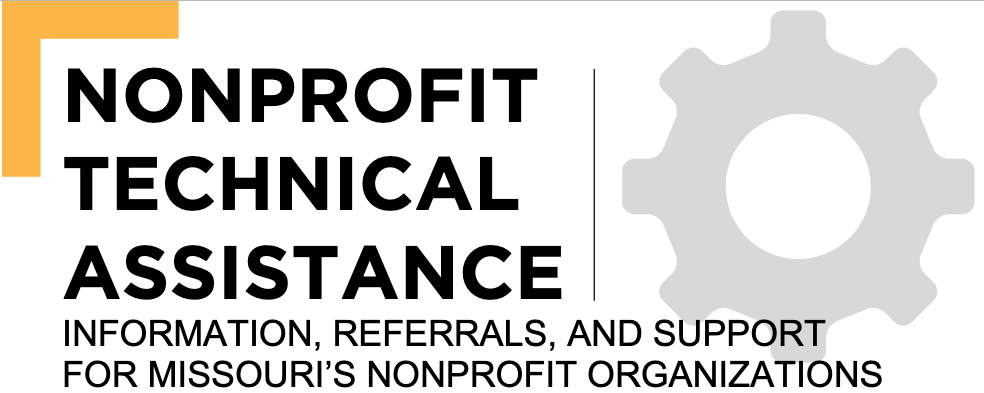
Nonprofit Technical Assistance
MU Extension Non Profit Technical Assistance Team provides one-on-one technical assistance mini-sessions for small nonprofit organizations, Nonprofit leader skill-building courses, a resource library with informational resource sheets, and referrals to other programs, services, and organizations
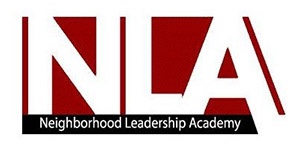
Neighborhood Leadership Academy
The mission of Neighborhood Leadership Fellows (NLF) is to increase and amplify the voices of North St. Louis City and County residents at the civic decision-making tables in order to produce more equitable regional policies for neighborhoods.
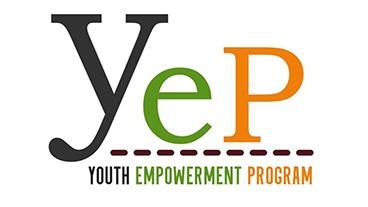
Youth Empowerment Program
Youth Empowerment Program (YEP) is a cohort for teens in high school that focuses on learning leadership skills, public speaking, and community engagement. The program has tier one scholars (first years) and tier two scholars (second year).
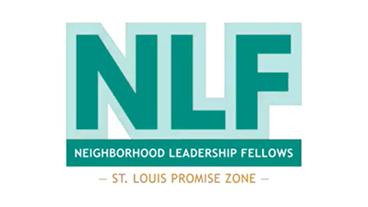
Neighborhood Leadership Fellows
The mission of Neighborhood Leadership Fellows (NLF) is to increase and amplify the voices of North St. Louis City and County residents at the civic decision-making tables in order to produce more equitable regional policies for neighborhoods.
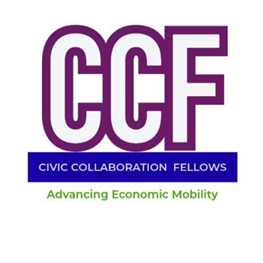
Civic Collaboration Fellows
Civic Collaboration Fellows (CCF) is an advanced leadership capacity building fellowship focused on learning with and from resilient communities nationally. Fellows will expand their civic infrastructure and economic mobility knowledge, build critical civic networks, and foster effective collaborative regional leadership by learning from innovative cities that have faced similar challenges.
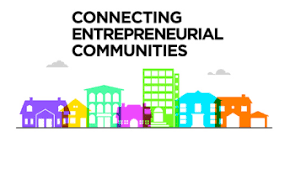
Connecting Entrepreneurial Communities
Connecting Entrepreneurial Communities aims to create, connect, and promote community economic revitalization through entrepreneurship as a driver for economic growth across communities in Missouri.
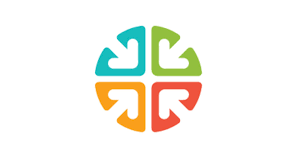
Strategic Doing for Thriving Communities
This one-day program guides communities through exploring community economic development opportunities they have and taking them through a planning process that leads to a goal-oriented plan.
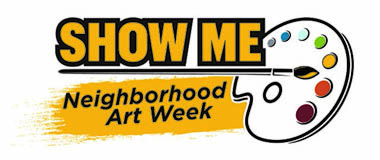
Show Me Neighborhood Art Week
This outreach effort by University of Missouri Extension and Creating Whole Communities seeks to empower public art made by residents as a contribution to the area’s sense of place where they live.
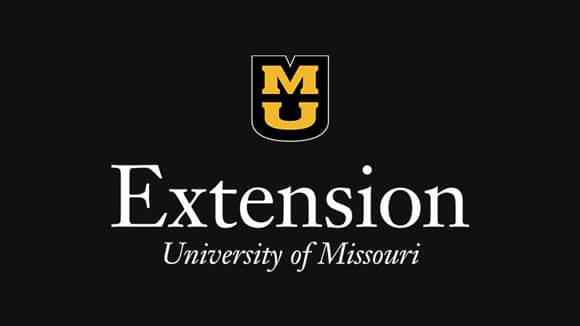
Public Board Training
Public Boards Training supports appointed public board members to understand roles and responsibilities

Building Healthy Communities ECHO
Building Healthy Communities ECHO provides a shared learning and relationship-building opportunity for communities to work collaboratively for optimal health and well-being.

Childcare as Community Economic Development
Connecting the dots across all pieces of MU Extension (and the University of Missouri) to better understand the services, programs and resources that are offered related to early childhood, economic development, and community development, and linking communities across Missouri to those services, programs and resources.
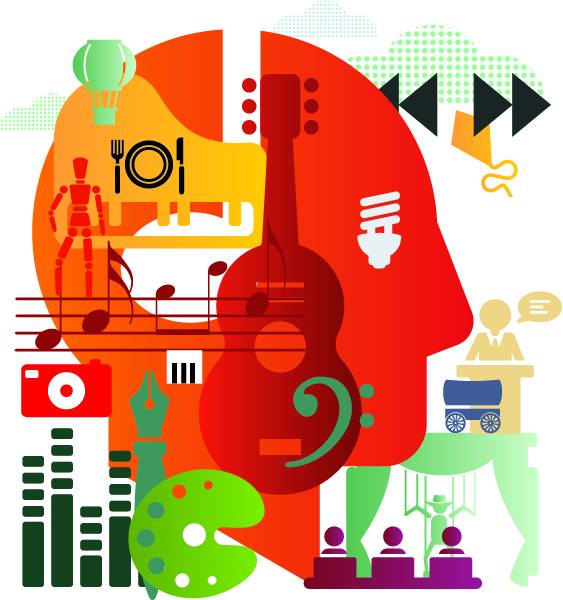
Community Arts Program
The Community Arts Program is a three-way partnership between MU Extension, the University of Missouri, and Missouri communities to promote and foster arts-based community and economic development.
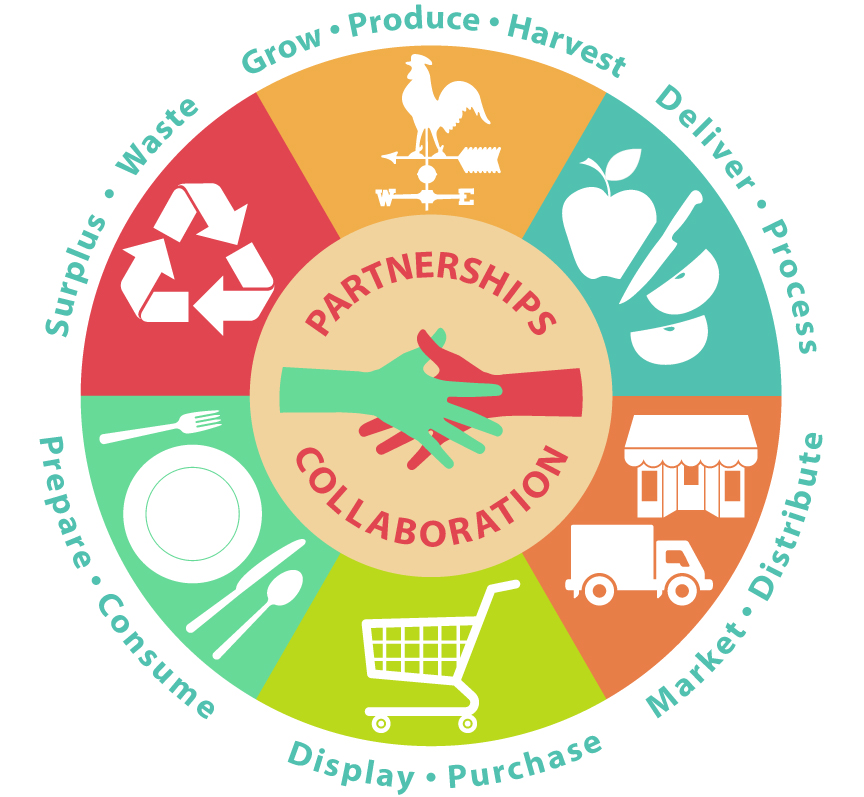
Missouri EATs
In partnership with communities across the state, Missouri EATs helps connect local stakeholders to build and strengthen their community’s food system. Missouri EATs is a community development process designed to engage people and help them develop a plan to act in order to make lasting changes to transform their local food system.
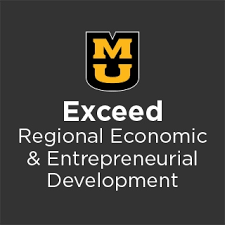
Data Training
Demographic, Economic and Workforce Data Training gives your team fundamental skills in public information data collection, analysis and visualization.

Voluntary Income Tax Assistance (VITA)
VITA helps individuals complete their income tax returns

Nonprofit Technical Assistance
MU Extension Non Profit Technical Assistance Team provides one-on-one technical assistance mini-sessions for small nonprofit organizations, Nonprofit leader skill-building courses, a resource library with informational resource sheets, and referrals to other programs, services, and organizations
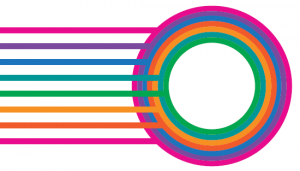
Thriving Together
“Communities with an inclusive sense of belonging and strong civic muscle may be better able to:
– Design their own pathways to resilience
– Gather assets to respond effectively and equitably in a crisis
– Persistently expand vital conditions, while alleviating urgent needs
– Use their power to assure mutual accountability
The ideas of belonging and civic muscle bring together a long history of related concepts, such as such as, civic agency, civic capacity, deliberative democracy, public participation, public work, constructive nonviolence, and collaborative problem solving. All of these traditions strive to make democracy come alive, not only on election day but every day, as a way of life where we work across our differences in pursuit of the things we value.”
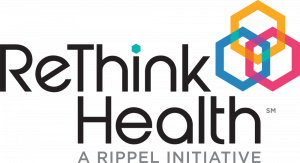
ReThink Health
Belonging and civic muscle are the special capacities of people and institutions that convey to all a sense of being part of a community (belonging) and having power (civic muscle) to influence the policies, practices, and programs that shape the world.

Community Commons
Social inclusion is the process of creating equal opportunities for people to achieve their full potential. Social cohesion strengthens social ties and engenders collective attachment and belonging. Higher levels of social cohesion are associated with higher levels of trust, cooperation and social capital. Community or civic engagement is about participating in society, and political and non-political actions to protect public values or make change. Civic institutions like parks, libraries, cultural facilities and other public and nonprofit institutions are cornerstones of a civic democracy.
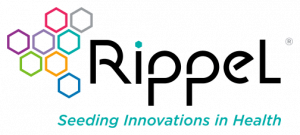
Rippel Foundation
Belonging and civic muscle is one of the seven vital conditions for health and well-being. It is defined as the special capacities of people and organizations that convey to all a sense of being part of a community (belonging) and having power (civic muscle) to shape our common world.
Belonging and civic muscle have many essential components, including but not limited to:
Social support, civic association, freedom from stigma, discrimination, and oppression, support for civil rights and human rights, civic agency, collective efficacy, vibrant arts, culture, and spiritual life, equitable access to information, many opportunities for civic engagement (voting, volunteering, public work).
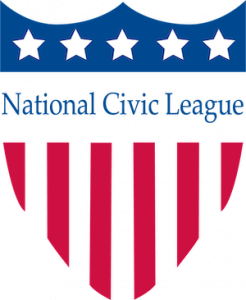
National Civic League
Civic muscle functions in at least two different modes—by mobilizing people and resources to effect social change and by fostering community resilience and stability.
[Civic muscle] can also involve mobilizing people to rearrange the built environment in ways that benefit the entire community—like building walking and cycling-friendly infrastructure that is positively correlated with improved health outcomes.
